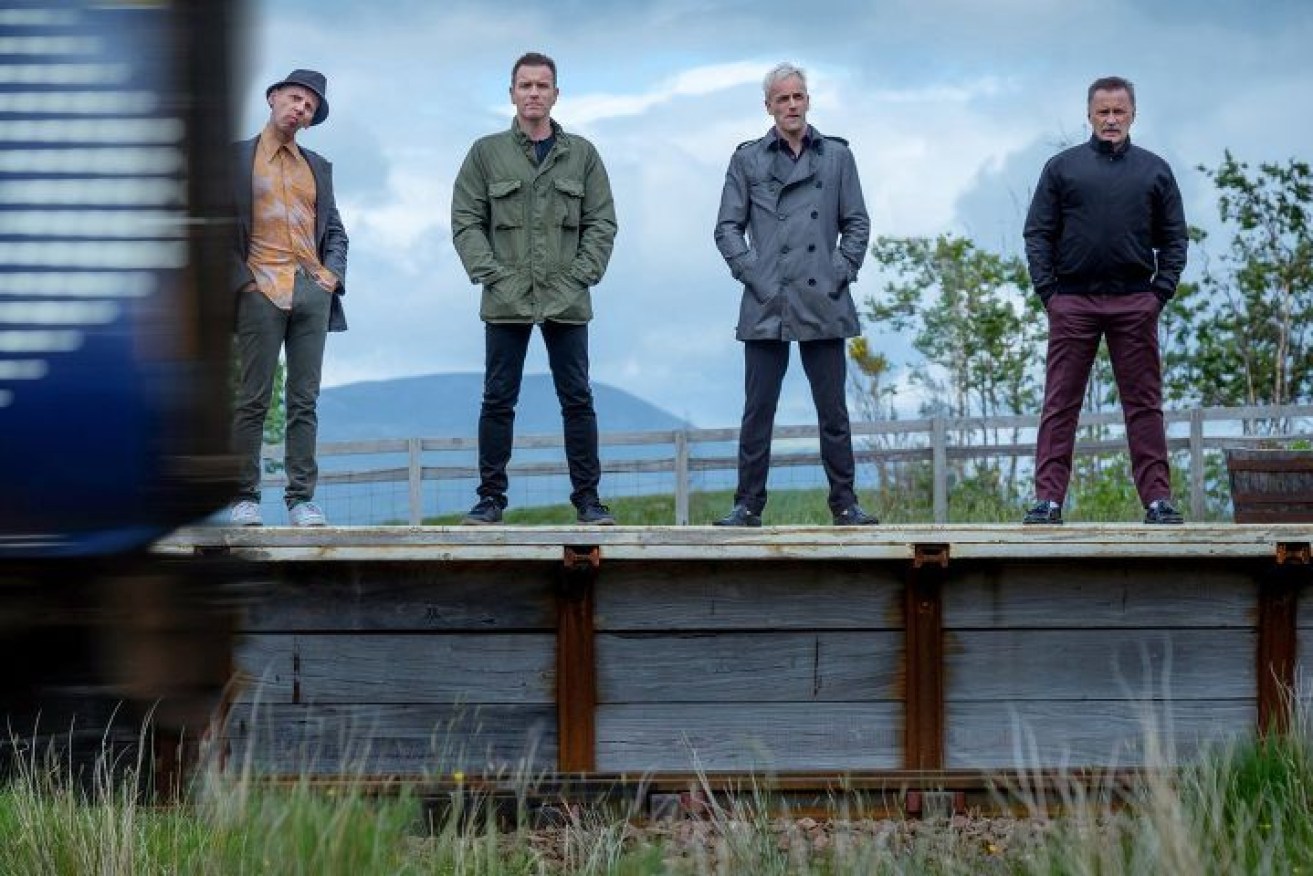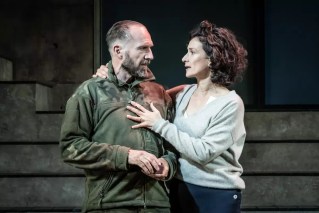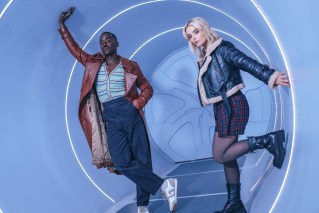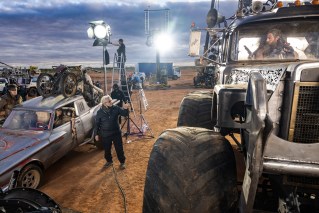Trainspotting 2: The movie we could have done without

"Are these men doomed to run in circles for their entire lives? Probably."
The temptation for filmmakers to return to material that helped establish their careers must be powerful, but it is rarely wise.
It’s been 20 years since Danny Boyle’s Trainspotting was released. That film captured the zeitgeist in an era of progression in the way films were made.
Revisiting such an iconic piece of popular culture engenders more risk and potential benefits. The new film will never live up to expectations unless it exceeds them.
Trainspotting 2 is a good film, which answers one question. The other question is whether it ought to exist. The answer to that will vary depending on whether the presence of one film will affect your regard of another.
Boyle has returned, as has screenwriter John Hodge. Most of the characters from the original return too, almost all of them having been in a state of arrested development for the past two decades.
Renton is back in Scotland to face the consequences of his betrayal. Sick Boy, now going by Simon, is still bitter about that betrayal. Begbie is angry and psychotic; nothing has changed. Spud is back to square one.
Are these men doomed to run in circles for their entire lives? Probably.
When the original Trainspotting was released, Boyle was in the middle of a movement of film that was inventing a new cinematic language.
Twenty years later and Boyle is still speaking that language. It’s still engaging, and it’s still energetic, but it’s predictable, and in many ways, it’s forced. Perhaps it takes the vitality of an unproven filmmaker to make a film as innovative as Trainspotting.
“Nostalgia,” one of the characters says to Renton. “That’s why you’re here. You’re a tourist in your own youth.”
It’s an acknowledgement on Boyle’s part that he, himself, is looking back, but just because he is aware of what he’s doing doesn’t give him a good reason for doing it.
It’s not a question of whether Trainspotting 2 is entertaining, or whether it’s good. It’s both. But Renton, Begbie, Sick Boy and Spud are no longer immortalised in a time capsule in 1996. Perhaps they ought to have remained in the decade that defined them.
There’s a moment in Trainspotting 2 in which Renton is fleeing from a dagger-wielding pursuer. He leaps up onto the roof of a moving four-wheel drive in an effort to escape, urging the driver to step on it. For a brief moment, he smiles. The spirit of the original is in there somewhere, but ultimately it may not be enough to justify this new outing for some of the most memorable characters in recent cinema history.








